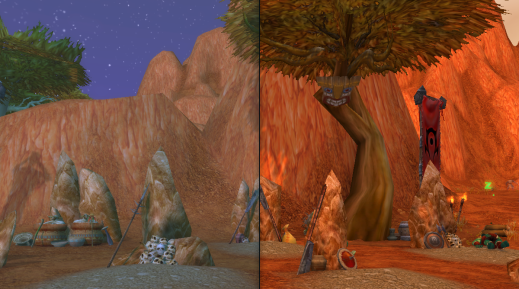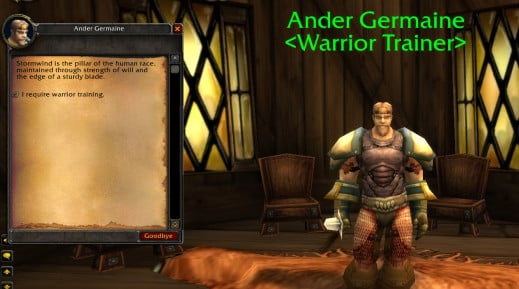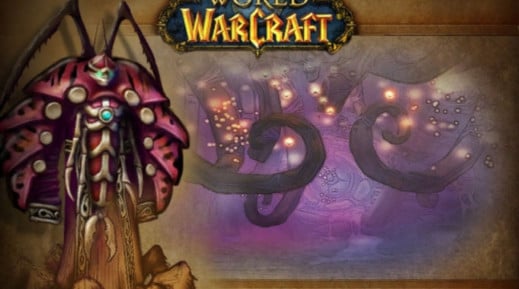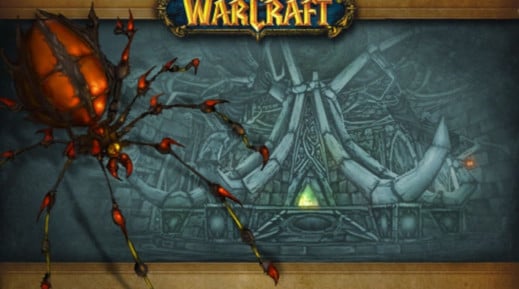On September 16, Blizzard announced sanctions for players who had abused an instance bug that allowed them to repeatedly and easily farm certain creatures (both bosses and trash mobs) in dungeons or in raids. They have since decided to outline their ruling on the legitimacy of this bug. The announcement of sanctions for players who abused this exploit drew numerous irate comments, leading to the community being divided between those who support the 'cheaters', and those who do not.
Written by Laerezh, Translated from the French by Millenium.








